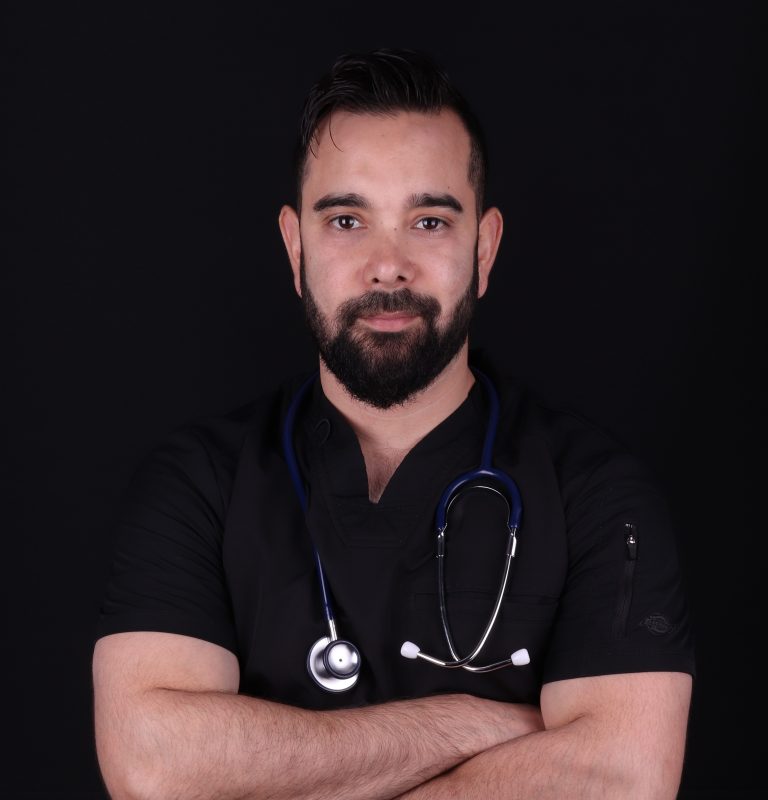Although a general dentist may be able to perform some oral surgeries, OMSs are the surgical specialist of the dental profession. The extensive training required to become an OMS differentiates them from other oral healthcare professionals. Patients may be familiar with their family dentist but when serious oral healthcare issues arise, it is important to visit a specialist. Upon completing their training, OMSs can diagnose and perform:
Each OMS trains alongside medical residents in general surgery, internal medicine and anesthesiology. They also spend time in other specialty areas, including emergency medicine, plastic surgery and otolaryngology (ear, nose and throat).
An oral and maxillofacial surgeon is the surgical specialist who diagnoses and gives surgical treatment of the teeth, mouth, jaws and face.
Although both are oral healthcare providers, the oral and maxillofacial surgeon pursues extensive education beyond dental school. After earning a Doctor of Dental Medicine (DMD), OMSs complete a minimum of four years of a hospital-based surgical residency program.
After residency graduation, an OMS must obtain the appropriate federal and state licensure, certificates and permits. Most OMSs earn board certification, other earn graduate degrees or complete fellowships.
